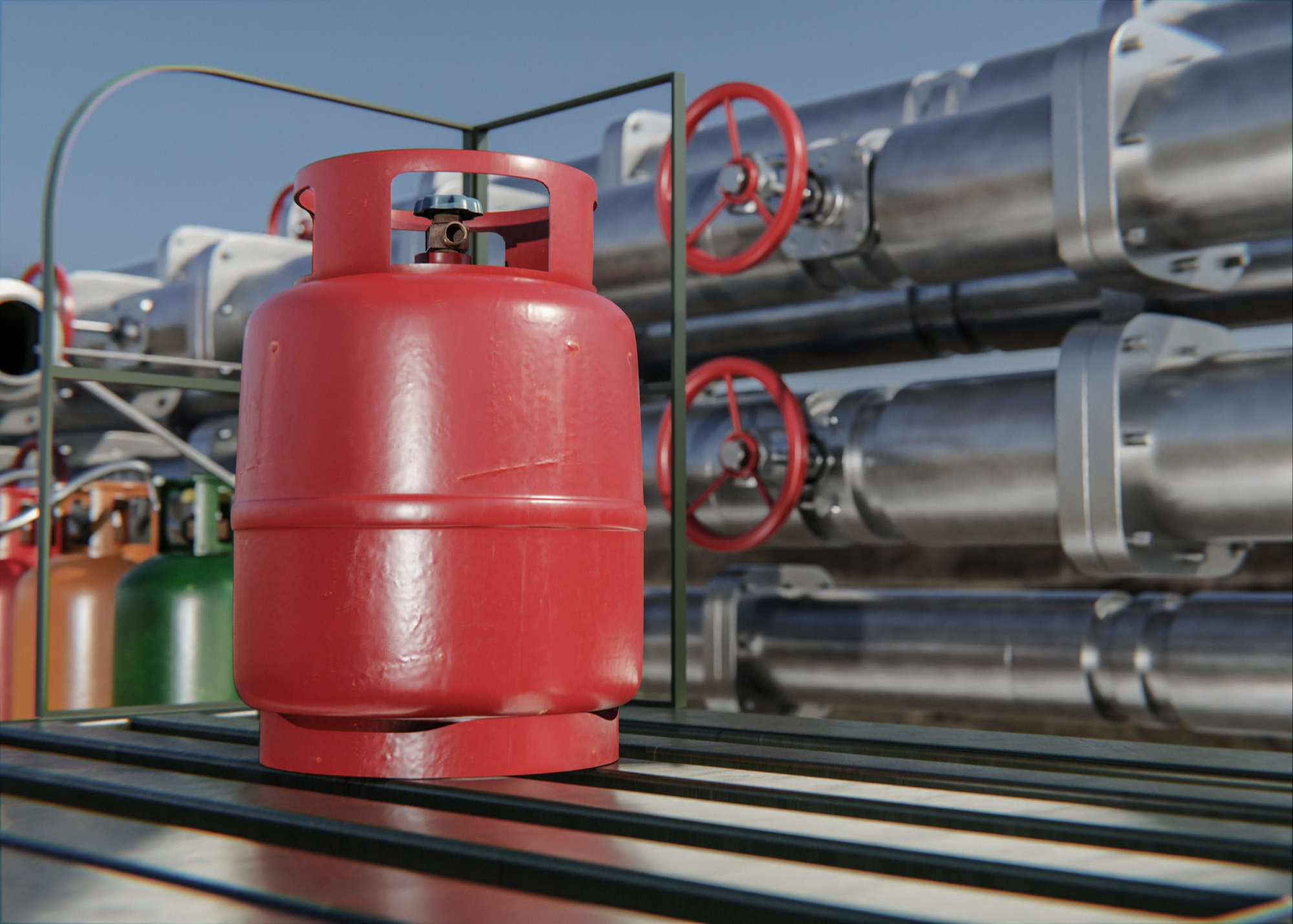GAS SALE AGREEMENTS AND THEIR IMPORTANCE

Author: O. M. Atoyebi S.A.N FCIArb. (U.K.)., Contributor: ENE IWODI [1]
On the 15th day of December 2022, the Business Day column read “Nigeria earned 2trillion from natural gas sales, highest in 5 years”; Nigeria earned N2.1 trillion from exporting natural gas from January to September 2022, the highest in five years, a data from the National Bureau of a Gas Sale and Purchase Agreement (GSPA)[1] [2].
While a Gas sale agreement (GSA) is the key agreement documenting the sale and purchase of a quantity of natural gas. This standard document GSA provides for one seller and one buyer and is drafted from a neutral point of view. It assumes that deliveries of gas will be made by pipeline and the seller will dedicate all gas produced from its interest in a field to the buyer. The GSA is a buyer-nominations contract and includes a take-or-pay commitment for the buyer.[2] [3] This GSA includes the technical issues around the Seller, Buyer, Transporter and the ultimate Consumer as well as Commercial issues [gas/petroleum economics], policy and regulatory considerations.
Gas exported from Nigeria is sold as Liquefied Natural Gas through the Nigeria LNG long-term contracts with countries in Europe and Asia including Portugal. On the 16th of August Savannah Energy’s subsidiary Accugas announced the signing of a new gas sales agreement (GSA) with Nigerian fertilizer manufacturer Notore Chemical Industries[3] [4].
The agreement covered the supply of up to 10 MMscf/d of gas on an interruptible and reasonable endeavours basis, based on gas availability and nominations, for an initial term of one year with the Gas going from Accugas’ 200 MMscf/d Uquo gas plant in Esit Eket, Akwa Ibom State.[4] [5]
With Natural gas on the increase, it has become a key source of energy, and supplies around one-fifth of the global energy needs. Nigeria has the 7th largest natural gas reserve in the world and with natural gas being an invisible product, it serves as a major source of clean energy as well as economic development. This natural gas could either be associated gas or non-associated gas with Nigeria having an estimated 182 TCF of proven natural gas reserves.
With the Gas Sale Agreement covering not just the agreement documenting the sale and purchase of a quantity of natural gas but also extending to policy and regulatory considerations, it is important to properly assess the legal and policy regime as well as the fiscal incentives aimed towards promoting gas development and utilisation in Nigeria. A review of this assessment shows it has however not yielded the desired outcome, for example, the legal framework for the petroleum industry is focused towards oil production over gas production and this has metamorphosed into pricing issues and infrastructure constraints, with all having contributed greatly to the limited gas penetration in the economy.
Natural gas is critical to the development of the Nigerian economy. The gas market has continued to experience rapid growth over the last decade, spurred by growing international demand, the quest for environmental protection and sustainable development. Nigeria has proven its natural gas reserves are the largest in Africa and represent more than 5% of the world’s total, which largely described Nigeria as a gas province.[5] [6] Buttressing the importance of natural gas to global energy consumption, that natural gas is the energy breakthrough to a healthier and prosperous economy in Nigeria and the fuel of the future with a projected growth rate of over 70% by 2025.[6] [7]
An excellent recommendation should be a serious investment into the gas sectors through gas transmission and distribution infrastructure, as well as ensuring the continuous growth of the gas value chain in the supply system. The Increased participation and commitment to the various gas development projects in Nigeria and the development of more robust policies to tackle the issues of pricing, would serve as an improvement on the regulatory/institutional framework as well as its policies, especially in the funding of gas development projects across the gamut of Nigeria to enhance gas utilisation.
[1] https://businessday.ng/energy/oilandgas/article/nigeria-earned-2trn-from-natural-gas-sales-highest-in-5-years/
[2] https://uk.practicallaw.thomsonreuters.com/w-018-8740?transitionType=Default&contextData=(sc.Default)
[3] https://hawilti.com/energy/naturalgas/nigeria-accugas-secures-third-gas-sales-agreement-of-the-year/
[4] supra
[5] https://jsd-africa.com/Jsda/Vol17No5-Fall15A/PDF/Opportunities%20Challenges%20and%20Obstacles.Philip%20Agbonifo.pdf
[6] supra